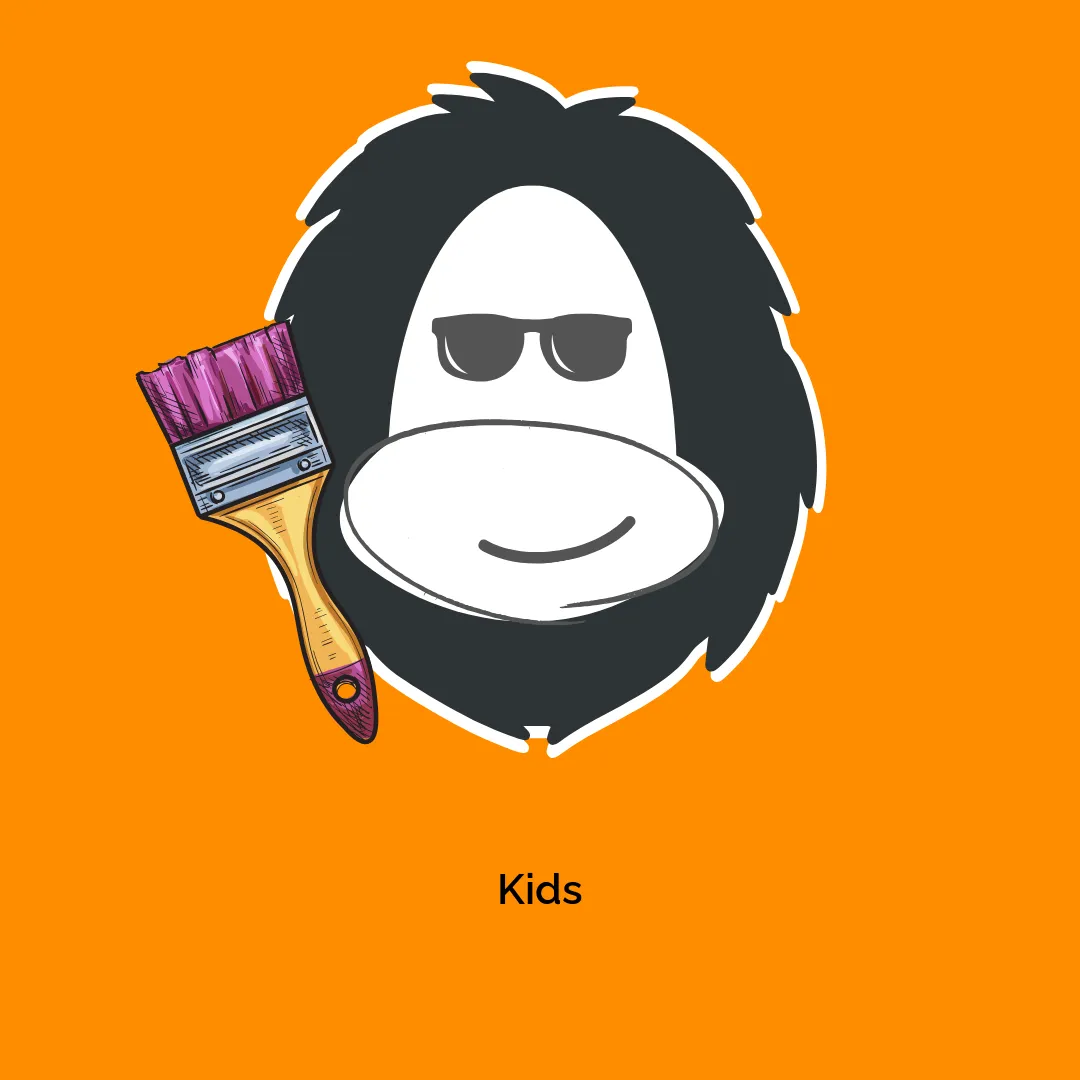The Importance of Nurturing Kids’ Development
In today’s fast-paced world, the development of kids is more crucial than ever. Children are our future, and how we nurture them shapes the adults they will become. From cognitive abilities to emotional intelligence, every aspect of a child’s upbringing plays a vital role in their well-being.
Fostering Cognitive Skills in Kids
Cognitive development refers to the ways in which kids learn to think, explore, and figure things out. This development is a gradual process that begins early in life and continues into young adulthood. There are several key areas to focus on for promoting cognitive skills in kids:
1. Encouraging Exploration and Play
Kids are naturally curious, and fostering that curiosity through exploration and play is essential. Engaging in activities that stimulate imagination—such as playing with blocks, doing puzzles, or pretending with dolls—helps increase their problem-solving skills and critical thinking. For example, building a structure from blocks requires kids to think about balance, stability, and spatial awareness.
2. Reading Together
Reading is arguably one of the most beneficial activities for kids. It enriches vocabulary, enhances comprehension skills, and sparks creativity. Take time to read with your kids daily. Not only does this build their language skills, but it also strengthens your bond. Choose tales that are age-appropriate, but don’t hesitate to introduce them to more advanced stories. This will challenge their thinking and expand their understanding of complex narratives and themes.
3. Educational Games and Activities
There’s a plethora of educational games available today that cater to different age groups and learning levels. Games that encourage math, science, or literacy skills can make learning enjoyable. For example, board games like Scrabble or educational apps can seamlessly blend learning with entertainment, reinforcing skills without the kids even realizing they are learning!
4. Encouraging Questions
Kids are known for their endless curiosity, often bombarding adults with questions. Encouraging them to ask questions and think critically about the world around them is vital. This process not only stimulates cognitive skills but also fosters a love for learning. As a parent or guardian, responding to their inquiries with enthusiasm and providing thoughtful explanations nourishes their desire to learn.
Developing Emotional Intelligence
Alongside cognitive growth, emotional intelligence is imperative for fostering well-rounded kids. It involves the ability to recognize and manage one’s own emotions, as well as understanding and influencing the emotions of others.
1. Communicating Emotions
Teaching kids to express their emotions openly can be a game-changer. Creating a safe space where kids can talk about their feelings helps them develop emotional literacy. You might say, “It’s okay to feel sad or angry, let’s talk about it.” This validates their feelings, leading them to convey emotions healthily rather than bottling them up.
2. Empathy and Kindness
Encouraging kids to be empathetic is about helping them recognize the feelings of others. Activities like volunteering, helping a neighbor, or even discussing how a character in a story might feel can impart valuable lessons. Kids can learn to put themselves in someone else’s shoes, which builds compassion, a crucial component of emotional intelligence.
3. Navigating Relationships
Teaching kids how to make and maintain friendships is another essential skill. Support them in understanding social cues, sharing, and resolving conflicts. Role-playing different scenarios can be entertaining and educational at the same time, allowing kids to learn the nuances of social interactions.
4. Managing Stress and Resilience
Life can occasionally present challenges. Helping kids develop resilience—the ability to bounce back from setbacks—is vital. Teach them simple coping techniques such as deep breathing or talking about their feelings when they are overwhelmed. Celebrating their small victories can also encourage a mindset that values persistence and effort.
Physical Health and Activity
Physical health is just as important as cognitive and emotional well-being. Encouraging an active lifestyle in kids can lead to numerous benefits including better mood, improved academic performance, and a greater chance of maintaining a healthy weight.
1. Encouraging Outdoor Activities
Incorporating outdoor play into daily schedules doesn’t have to be complicated. Simple activities like riding bikes, playing tag, or playing in the park are effective ways to keep kids active. For instance, families can organize weekend hikes or picnic games that encourage movement.
2. Balanced Nutrition
Teaching kids the importance of a balanced diet is key to their physical development. Get them involved in cooking and choosing healthy foods. You might explain the benefits of nutritious choices and even let them help plan meals. Making it a fun activity can foster lifelong healthy habits.
3. Limiting Screen Time
While technology can provide educational resources, excessive screen time can hinder physical activity, leading to unhealthy habits. Set boundaries around technology use to ensure kids have ample time to engage in physical activities. Balance is key; integrating fun physical activities with educational content can be a great way to keep kids engaged.
Social Skills and Community Interaction
Helping kids develop strong social skills can prepare them for successful interactions throughout their lives. Engaging in community activities can help kids learn to work together, plan, and understand their place in a larger social context.
1. Participation in Group Activities
Encouraging kids to join clubs, sports teams, or community groups can foster teamwork and collaboration. Through these activities, they learn the importance of communication, leadership, and cooperation. For example, a local soccer team can teach kids about unity, sportsmanship, and the value of hard work.
2. Building Conflict Resolution Skills
Conflict is a natural part of relationships. Teach kids how to handle disagreements constructively. Using role-play to demonstrate how to respectfully express differing opinions or resolve disputes can be beneficial. This equips them with vital tools for future interactions, whether at school or in their personal relationships.
3. Volunteering in the Community
Engaging in community service not only builds empathy but helps kids understand their role in society. Activities such as helping at a local food bank or participating in neighborhood clean-up days can nurture gratitude, a sense of community, and social responsibility.
The Role of Creativity in Kids’ Development
Creativity isn’t just about arts and crafts; it encompasses innovative thinking and problem-solving across all disciplines. Encouraging creative expression can help kids process their thoughts and emotions while enhancing their cognitive capabilities.
1. Arts and Crafts
Art activities are excellent for self-expression. Encourage kids to explore materials like paint, clay, or even digital media to express their thoughts and feelings. Providing a space where they can create without limitations fosters innovation and imagination.
2. Music and Performance
Music education can be extraordinarily beneficial. Learning instruments or participating in singing or drama can enhance cognitive skills, improve social connections, and build confidence. Activities such as school performances give children the opportunity to showcase their talents and cultivate a sense of achievement.
3. Problem-Solving Activities
Puzzles, strategy games, and building projects can challenge kids’ brains while promoting creative solutions. For example, constructing a model bridge from everyday materials can spark an understanding of engineering principles and creative problem-solving.
Starting kids off on the right track early in life can set a solid foundation for success. Though the role of parents and guardians is immense, it’s essential that communities and schools actively engage in supporting children’s development as well. After all, a well-rounded child, equipped with cognitive skills, emotional intelligence, physical health, and creativity, is likely to thrive in all aspects of life. This holistic approach to nurturing kids will yield benefits that extend much further than childhood, ensuring brighter futures for generations to come.
Download Kids Themes for free
Here you have it, downloading Kids for Free is perfectly feasible and legal.
Actually, even downloading a cracked Kids is law-abiding, because the license it is distributed under is the General Public License, and this license permits the holder its free distribution.
Hence, there’s nothing you should worry about: If you were seeking to buy Kids cheaply or, directly, to download Kids Themes nulled to get it 100% free,, you can do that in a legal way.
Download Kids GPL: The only solution for entrepreneurs beginning their journey
We don’t care what you call it: Buying Kids on resale, download Kids Themes GPL, download Kids without license or download Kids Themes cracked.
It is completely legitimate and a necessity for any new entrepreneur.





Reviews
There are no reviews yet.